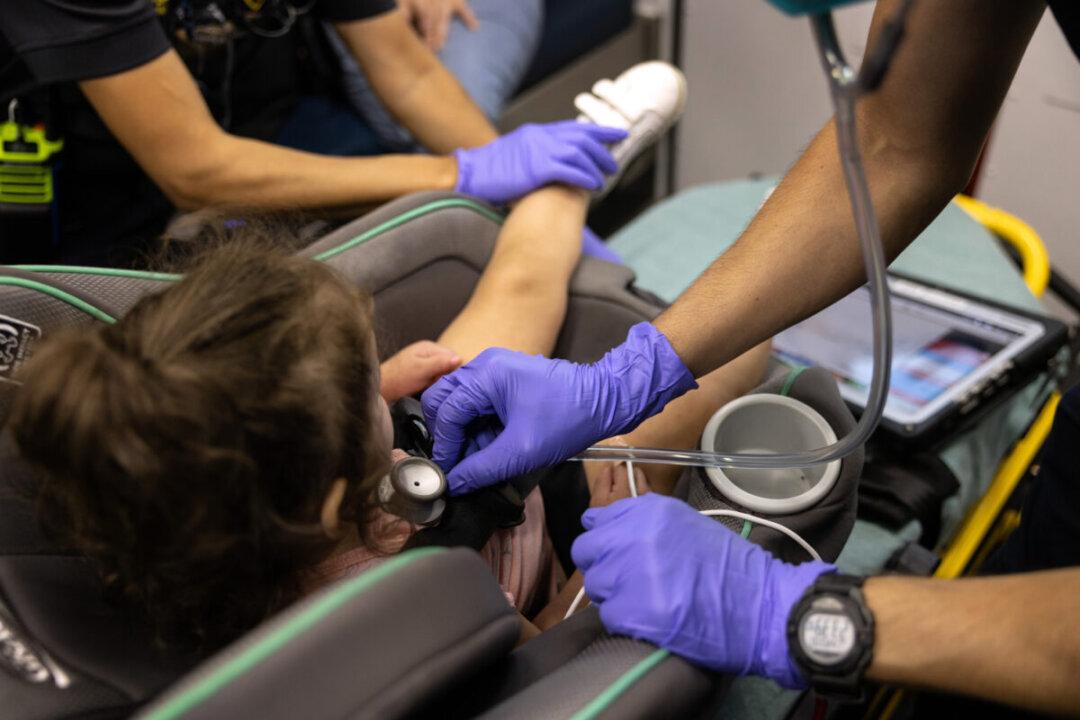The Public Health Agency of Canada says it is investigating cases of mysterious, severe hepatitis found in children across the country.
The federal agency told The Epoch Times that it is working closely with the international community to understand the outbreak, which has affected almost 200 children around the globe.





